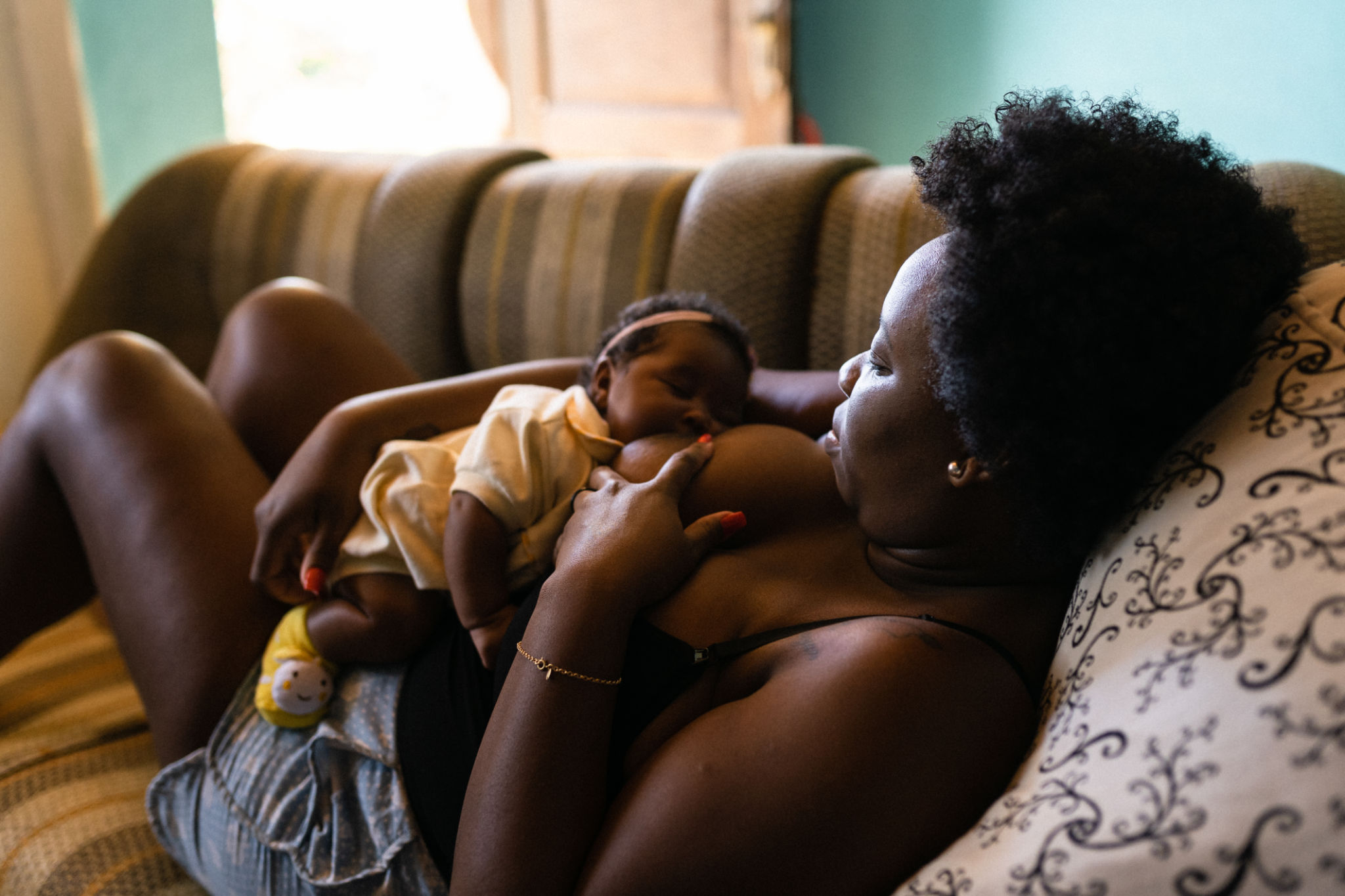Common Misconceptions About Perinatal Mental Health Among Black Mothers
Understanding Perinatal Mental Health
Perinatal mental health covers a range of emotional and psychological challenges that mothers may face during pregnancy and the first year postpartum. Unfortunately, there are many misconceptions surrounding perinatal mental health among Black mothers, which can impact the way they seek and receive care. It's crucial to address these misconceptions to ensure that all mothers receive the support they need during this critical period.

Myth: Black Mothers Are Naturally Resilient
One common misconception is that Black mothers are inherently more resilient and, therefore, less likely to experience perinatal mental health issues. This stereotype can be harmful as it may lead to the dismissal of mental health struggles experienced by Black mothers. It's important to acknowledge that while resilience is a strength, it doesn't make one immune to conditions like depression or anxiety.
Understanding that resilience does not equate to invulnerability is crucial. Health professionals need to ensure that Black mothers are listened to and taken seriously when they express concerns about their mental health.
Myth: Perinatal Mental Health Issues Are Rare
Another misconception is the belief that perinatal mental health issues are uncommon. In reality, many mothers experience some form of mental health challenge during the perinatal period. Conditions such as postpartum depression affect a significant number of women, yet stigma often prevents open discussions about these experiences.

Lack of awareness and discussion can exacerbate feelings of isolation among Black mothers. By normalizing conversations around perinatal mental health, we can help mothers feel more comfortable seeking help.
Myth: Strong Support Networks Eliminate the Need for Professional Help
While having a strong support network is invaluable, it does not replace the need for professional mental health care. Friends and family can offer emotional support, but they may not have the expertise needed to address complex mental health issues. Professional help, including therapy and counseling, can provide tailored strategies for managing symptoms and improving overall well-being.
Encouraging Black mothers to reach out for professional support when needed is essential. Access to culturally competent care can significantly enhance the effectiveness of treatment.

Addressing Barriers to Care
The misconceptions surrounding perinatal mental health among Black mothers are often compounded by systemic barriers in the healthcare system. Issues such as lack of access to culturally competent care, financial constraints, and stigmatization all play a role in limiting access to necessary services.
Efforts must be made to eliminate these barriers through policies that promote equitable healthcare access and by fostering environments where Black mothers feel safe and supported in seeking help.
The Importance of Education and Advocacy
Education and advocacy are key in breaking down misconceptions about perinatal mental health among Black mothers. By raising awareness about the realities of perinatal mental health issues, we can challenge stereotypes and encourage more open discussions.
Community organizations, healthcare providers, and educators all have roles to play in spreading accurate information and supporting Black mothers in their perinatal journeys.
